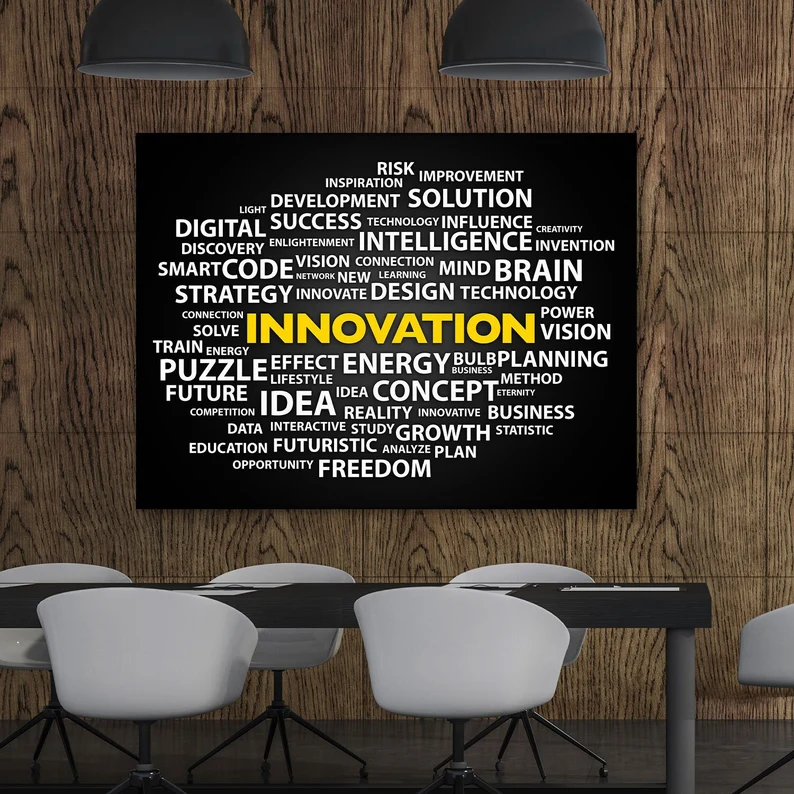
The Rise of the Smart Home: Revolutionizing Everyday Living with Technology
by urdigitalplanet in Blog on January 3, 2024Introduction
Smart home technology is transforming the way we interact with our living spaces, making homes more comfortable, energy-efficient, and secure. By integrating advanced technology into home appliances, entertainment systems, and security devices, smart homes are becoming a reality for many. This blog post will explore the world of smart home technology and its impact on modern living.

1. Defining Smart Home Technology
Smart home technology involves the integration of devices and appliances that can communicate with each other and be remotely controlled via smartphones, tablets, or voice commands. This technology encompasses everything from smart thermostats and lighting to advanced security systems and automated household appliances.
2. Convenience and Control at Your Fingertips
One of the primary benefits of smart home technology is convenience. Homeowners can control various aspects of their home environment with just a few taps on their mobile device or through voice commands, whether adjusting the temperature, dimming lights, or monitoring security cameras.
3. Enhancing Energy Efficiency and Sustainability
Smart homes contribute to energy efficiency and sustainability. Smart thermostats and lighting systems can optimize energy usage, reducing waste and lowering utility bills. This not only benefits homeowners but also contributes to broader environmental conservation efforts.
4. Personalized Home Entertainment Experiences
Smart home technology is revolutionizing home entertainment. With smart TVs, speakers, and streaming devices, users can enjoy a personalized entertainment experience, accessing their favorite content on-demand and controlling it effortlessly.
5. Improving Home Security and Safety
Enhanced security is a significant advantage of smart home technology. Smart locks, security cameras, and alarm systems offer homeowners peace of mind, providing real-time alerts and remote monitoring capabilities for increased safety.
6. The Role of Voice Assistants in Smart Homes
Voice assistants like Amazon Alexa, Google Assistant, and Apple’s Siri have become central to the smart home experience. They enable hands-free control of devices and can perform various tasks, from playing music to providing weather updates and controlling smart appliances.
7. The Internet of Things (IoT) and Smart Homes
The Internet of Things (IoT) is a key component in the development of smart home technology. IoT allows various devices to connect and communicate with each other, creating a cohesive and intelligent home automation system.
8. Overcoming Challenges and Embracing the Future
Despite its many benefits, smart home technology faces challenges, including concerns about data privacy, security, and the need for standardization. As technology advances, overcoming these challenges will be crucial in realizing the full potential of smart homes.
Conclusion
Smart home technology is not just a trend; it’s a significant shift in how we live and interact with our environment. As these technologies continue to evolve and become more accessible, they promise to make our homes more comfortable, secure, and efficient, reshaping our daily lives for the better.

